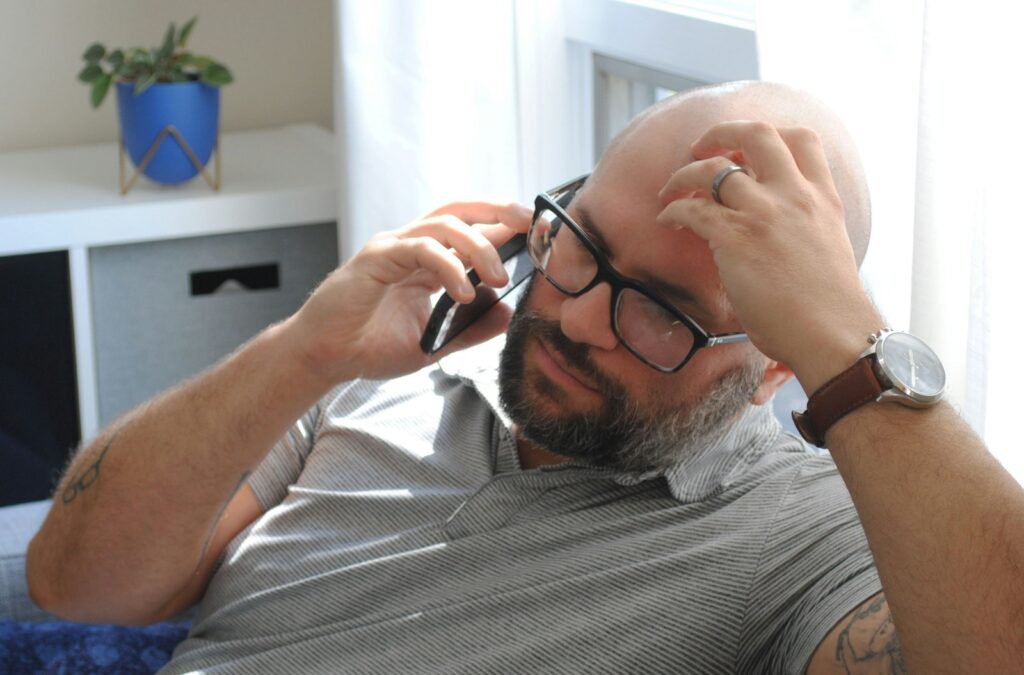Lifestyle
15 Things You Should Never Say to Someone After a Divorce

Divorce is one of the most emotionally challenging experiences a person can go through. Whether it was expected or came as a shock, it marks the end of a significant chapter in someone’s life. If you know someone going through a divorce, it’s important to be mindful of what you say. Here are 15 things you should never say to someone after a divorce.
“I saw it coming.”

Even if you did suspect the marriage was in trouble, saying this is hurtful and unnecessary. It implies that their pain was predictable or avoidable, which doesn’t help them heal. Instead of making them feel worse about their situation, offer support by simply listening without judgment.
“You’ll find someone better.”

This might seem encouraging, but it can minimize the depth of their pain. Right now, they may not be ready to think about another relationship. Divorce is not just about losing a partner—it’s about losing dreams, plans, and a shared life. Give them space to grieve before assuming they’ll want to move on.
“At least you don’t have kids together.”

While having children together complicates divorce, that doesn’t mean child-free divorces are easy. Every marriage holds emotional significance, and dismissing their pain because they don’t share children with their ex can make them feel like their loss isn’t valid. All divorces are difficult, regardless of the circumstances.
“You should have tried harder.”

No one makes the decision to divorce lightly. Most people spend months or years trying to save their marriage before realizing it’s beyond repair. Suggesting that they didn’t try hard enough places unnecessary guilt on them, when in reality,they likely did everything they could to make it work.
“Aren’t you worried about being alone forever?”

Divorce is already emotionally overwhelming, and adding the fear of lifelong loneliness doesn’t help. Many people who go through a divorce need time to rediscover themselves, not immediate pressure to jump into a new relationship. The last thing they need is a reminder of societal expectations.
“Who got what in the divorce?”

Asking about money, assets, or settlements is invasive and unnecessary. Divorce is not just a financial separation—it’s an emotional one. Instead of prying into legal matters, focus on supporting their well-being and emotional healing rather than their financial situation.
“You must be so relieved.”

Even if the marriage was difficult, divorce isn’t always a relief. It’s an end to something they once believed in, and for many, it feels like a personal failure. While some people may feel a sense of freedom, others experience grief, sadness, and uncertainty about the future. Don’t assume how they feel.
“You’ll be back together in no time.”

Telling someone they might reconcile with their ex can be frustrating, especially if they’ve gone through a painful breakup. If they’ve chosen divorce, they’ve likely thought long and hard about their decision. Instead of giving false hope, let them move forward without pressure or doubt.
“I never liked your ex anyway.”

While this might be meant as support, it can actually make things worse. They may still have complicated feelings about their former partner, and hearing negative comments can make them feel defensive or guilty. Instead of focusing on the past, be present for them as they process their emotions.
“Divorce rates are so high these days.”

Throwing statistics at someone who is already struggling doesn’t provide comfort. It might be a fact, but it doesn’t change the fact that they are hurting. Divorce isn’t just a trend or a number—it’s a deeply personal experience that affects people differently.
“Maybe you should have tried couples therapy.”

Many couples do try therapy before divorcing, but even counseling can’t fix every relationship. Suggesting they should have gone to therapy implies that they didn’t do enough, which can add to their feelings of guilt. Instead, offer support without questioning the decisions they’ve already made.
“You’re lucky you got out.”

Even if the marriage was unhealthy, calling them “lucky” might not feel accurate to them. They may be experiencing heartbreak, regret, or even financial struggles because of the divorce. It’s important to recognize that while leaving might have been necessary, it doesn’t mean they feel fortunate about the situation.
“It could be worse.”

Comparing their divorce to other situations in an attempt to make them feel better usually backfires. Telling them that others have been through worse can make them feel like their pain isn’t valid. Everyone experiences grief differently, and they deserve to process their emotions without being told to minimize them.
“You just need to get back out there.”

Encouraging them to start dating again might seem helpful, but many people aren’t ready to move on immediately. Healing from a divorce takes time, and pressuring them to meet someone new can make them feel rushed or unprepared. Let them set their own timeline for when they’re ready to move forward.
“You’re being too emotional about this.”

Divorce is life-changing, and emotions are a natural response. Telling someone they’re overreacting or being too emotional invalidates their feelings and makes them less likely to open up. Instead of dismissing their emotions, acknowledge their pain and let them express themselves without judgment.

